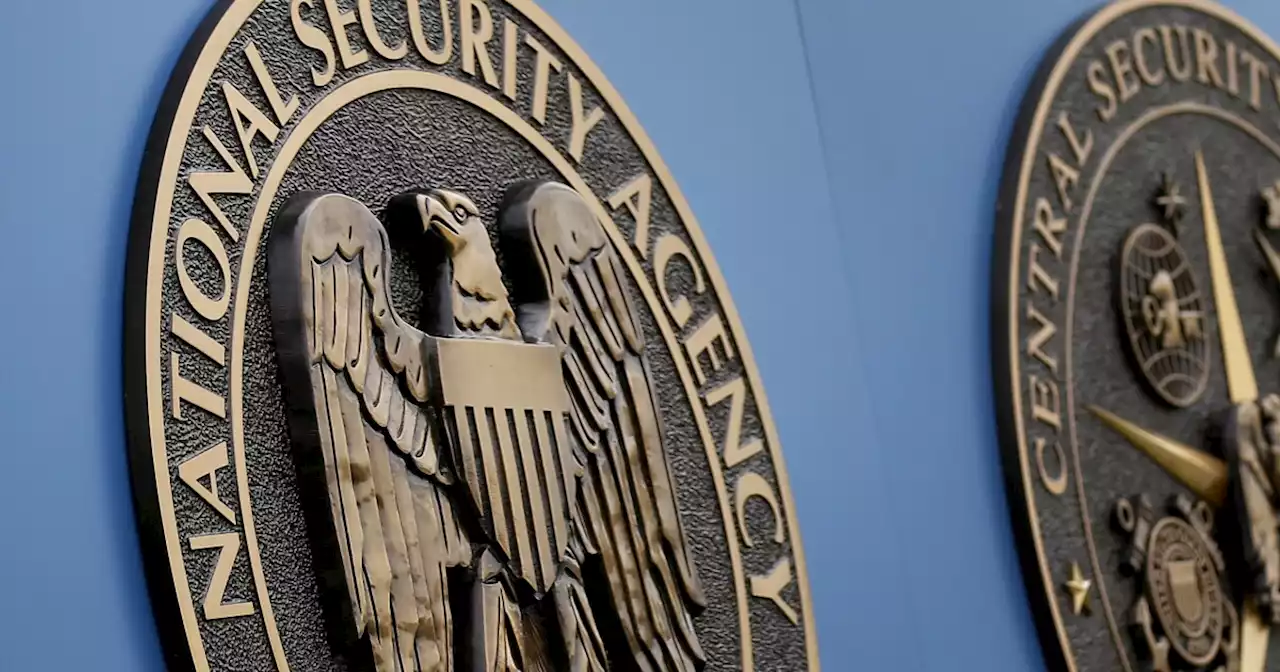Victory on the battlefield in Iraq had been as fast and efficient as the subsequent occupation was drawn-out and chaotic.
The war and occupation of Iraq cost the U.S. an estimated $2 trillion.On a recent Friday afternoon, nearly 20 years after the battle at the bridge, Magann and Housley met at Fort Stewart, Ga., for a reunion marking the start of the Iraq War. For a few minutes, they recounted their moments of terror, adrenaline, uncertainty and triumph over the Euphrates.
Magann, a retired Air Force lieutenant colonel, is now a Delta Air Lines pilot living with his wife, Kandice, in Tampa, Fla., while Housley flies for American Airlines and remains in Texas. He’s a major in the Texas Air National Guard flying C-130J Hercules cargo planes and lives with his wife, Carin, and two children in Houston.
It was the Al Qa Qaa weapons storage facility, a massive bunker complex controlled by the International Atomic Energy Agency prior to the invasion. Housley put the Hummer in gear once the column began to move, his M4 rifle resting atop the open driver’s side window. A moment later, a courtyard full of overturned vehicles and foxholes came into view. The column moved slowly as mortar rounds exploded in the distance.
The Iraqis set off some of the charges at 4:15 p.m., just after the first coalition soldiers reached the east bank in rubber boats. But damage to the bridge was limited. By then, the first soldiers of the 3rd Infantry Division were on the other side. “Well, he does something and this damned missile takes off, and if it had continued straight it probably would have missed anyway, but it shoots up in the air like a surface-to-air missile and we never see it again,” said Crosby, 45, of Riddleville, Ga. “‘What the hell was that?!’ And everybody opens up on the motorcycle and kills him. Five minutes later, here comes another one, does the same thing.
United States Latest News, United States Headlines
Similar News:You can also read news stories similar to this one that we have collected from other news sources.
 Corruption, deep disparity mark Iraq’s oil legacy post-2003Basra province, which boasts most of Iraq's oil reserves, is symbolic of the deep disparities that have endured since the 2003 invasion.
Corruption, deep disparity mark Iraq’s oil legacy post-2003Basra province, which boasts most of Iraq's oil reserves, is symbolic of the deep disparities that have endured since the 2003 invasion.
Read more »
 Iraq halts northern crude exports after winning arbitration case against TurkeyIraq halted crude exports from the semi-autonomous Kurdistan region and northern Kirkuk fields on Saturday, an oil official told Reuters, after the country won a longstanding arbitration case against Turkey.
Iraq halts northern crude exports after winning arbitration case against TurkeyIraq halted crude exports from the semi-autonomous Kurdistan region and northern Kirkuk fields on Saturday, an oil official told Reuters, after the country won a longstanding arbitration case against Turkey.
Read more »
 History As It Happens: The Iraq War w/ Ghaith Abdul-AhadThis is the second in a multi-part series of episodes marking the 20th anniversary of the U.S. invasion of Iraq, which began on March 20, 2003. Iraqi voices are largely absent from U.S. retrospectives on the war and its consequences. In this episode, Baghdad native and The Guardian journalist Ghaith Abdul-Ahad reflects on everything he witnessed over the past 20 years -- the fall of Saddam, military occupation, civil war, torture, the rise of ISIS -- through the eyes of the 'liberated.' Despite what some American commentators claim, Iraq is not a democracy today and neither is it 'better off' thanks to the U.S. invasion. Corruption now reigns and the fabric of Iraqi society was permanently damaged. Abdul-Ahad's new book, 'A Stranger in Your Own City,' is a superb reporter's account of the catastrophe seen through Iraqi eyes.
History As It Happens: The Iraq War w/ Ghaith Abdul-AhadThis is the second in a multi-part series of episodes marking the 20th anniversary of the U.S. invasion of Iraq, which began on March 20, 2003. Iraqi voices are largely absent from U.S. retrospectives on the war and its consequences. In this episode, Baghdad native and The Guardian journalist Ghaith Abdul-Ahad reflects on everything he witnessed over the past 20 years -- the fall of Saddam, military occupation, civil war, torture, the rise of ISIS -- through the eyes of the 'liberated.' Despite what some American commentators claim, Iraq is not a democracy today and neither is it 'better off' thanks to the U.S. invasion. Corruption now reigns and the fabric of Iraqi society was permanently damaged. Abdul-Ahad's new book, 'A Stranger in Your Own City,' is a superb reporter's account of the catastrophe seen through Iraqi eyes.
Read more »
 Why every intelligence community got Iraq's weapons of mass destruction wrong'This week marks the twentieth anniversary of America’s invasion of Iraq. Aside from the enduring controversy over the war itself, there’s broad agreement that the U.S. intelligence community failed policymakers and the public,' John R Schindler writes.
Why every intelligence community got Iraq's weapons of mass destruction wrong'This week marks the twentieth anniversary of America’s invasion of Iraq. Aside from the enduring controversy over the war itself, there’s broad agreement that the U.S. intelligence community failed policymakers and the public,' John R Schindler writes.
Read more »
 History As It Happens: The Iraq War w/ Ghaith Abdul-AhadThis is the second in a multi-part series of episodes marking the 20th anniversary of the U.S. invasion of Iraq, which began on March 20, 2003. Iraqi voices are largely absent from U.S. retrospectives on the war and its consequences. In this episode, Baghdad native and The Guardian journalist Ghaith Abdul-Ahad reflects on everything he witnessed over the past 20 years -- the fall of Saddam, military occupation, civil war, torture, the rise of ISIS -- through the eyes of the 'liberated.' Despite what some American commentators claim, Iraq is not a democracy today and neither is it 'better off' thanks to the U.S. invasion. Corruption now reigns and the fabric of Iraqi society was permanently damaged. Abdul-Ahad's new book, 'A Stranger in Your Own City,' is a superb reporter's account of the catastrophe seen through Iraqi eyes.
History As It Happens: The Iraq War w/ Ghaith Abdul-AhadThis is the second in a multi-part series of episodes marking the 20th anniversary of the U.S. invasion of Iraq, which began on March 20, 2003. Iraqi voices are largely absent from U.S. retrospectives on the war and its consequences. In this episode, Baghdad native and The Guardian journalist Ghaith Abdul-Ahad reflects on everything he witnessed over the past 20 years -- the fall of Saddam, military occupation, civil war, torture, the rise of ISIS -- through the eyes of the 'liberated.' Despite what some American commentators claim, Iraq is not a democracy today and neither is it 'better off' thanks to the U.S. invasion. Corruption now reigns and the fabric of Iraqi society was permanently damaged. Abdul-Ahad's new book, 'A Stranger in Your Own City,' is a superb reporter's account of the catastrophe seen through Iraqi eyes.
Read more »